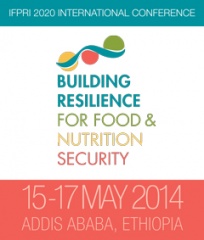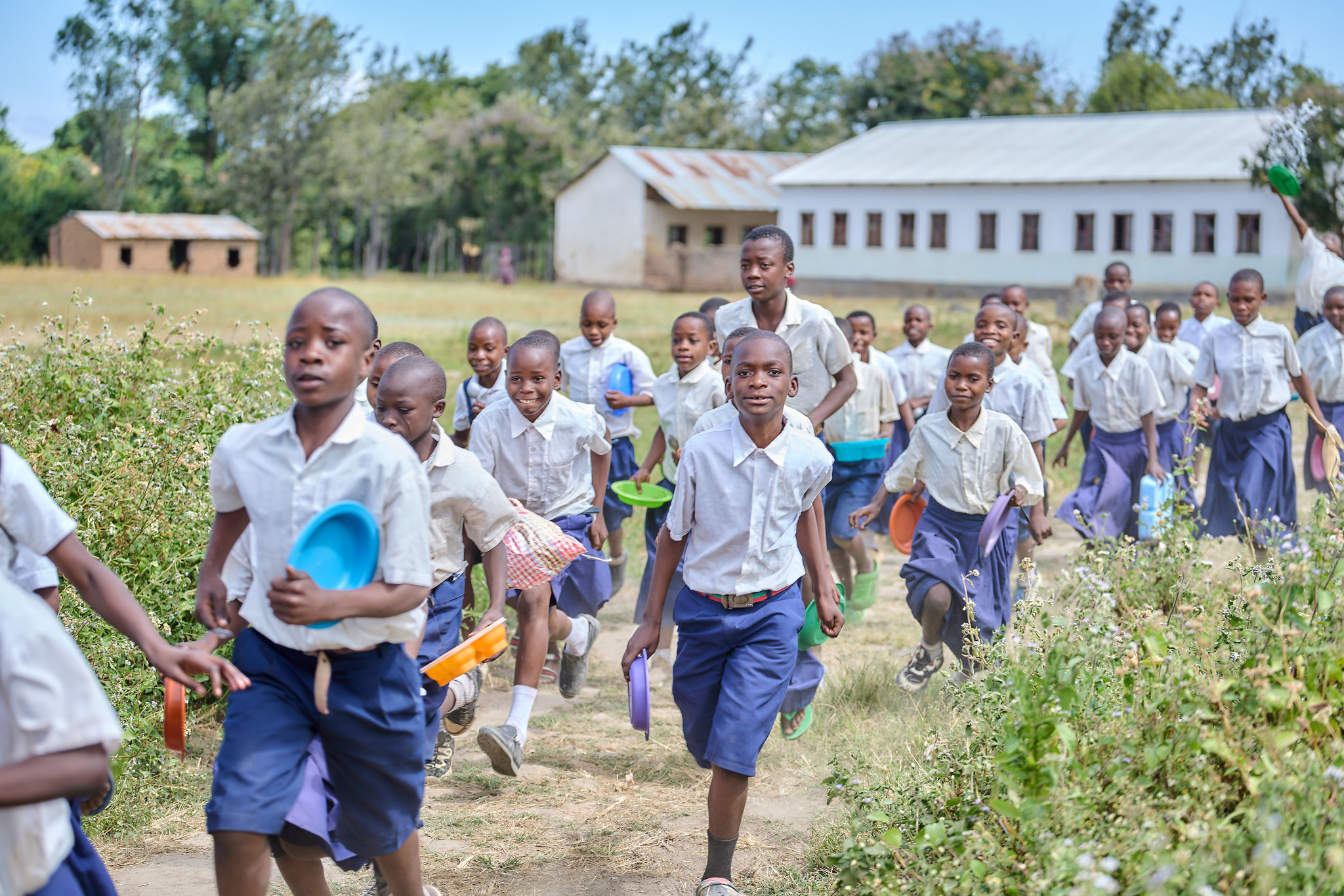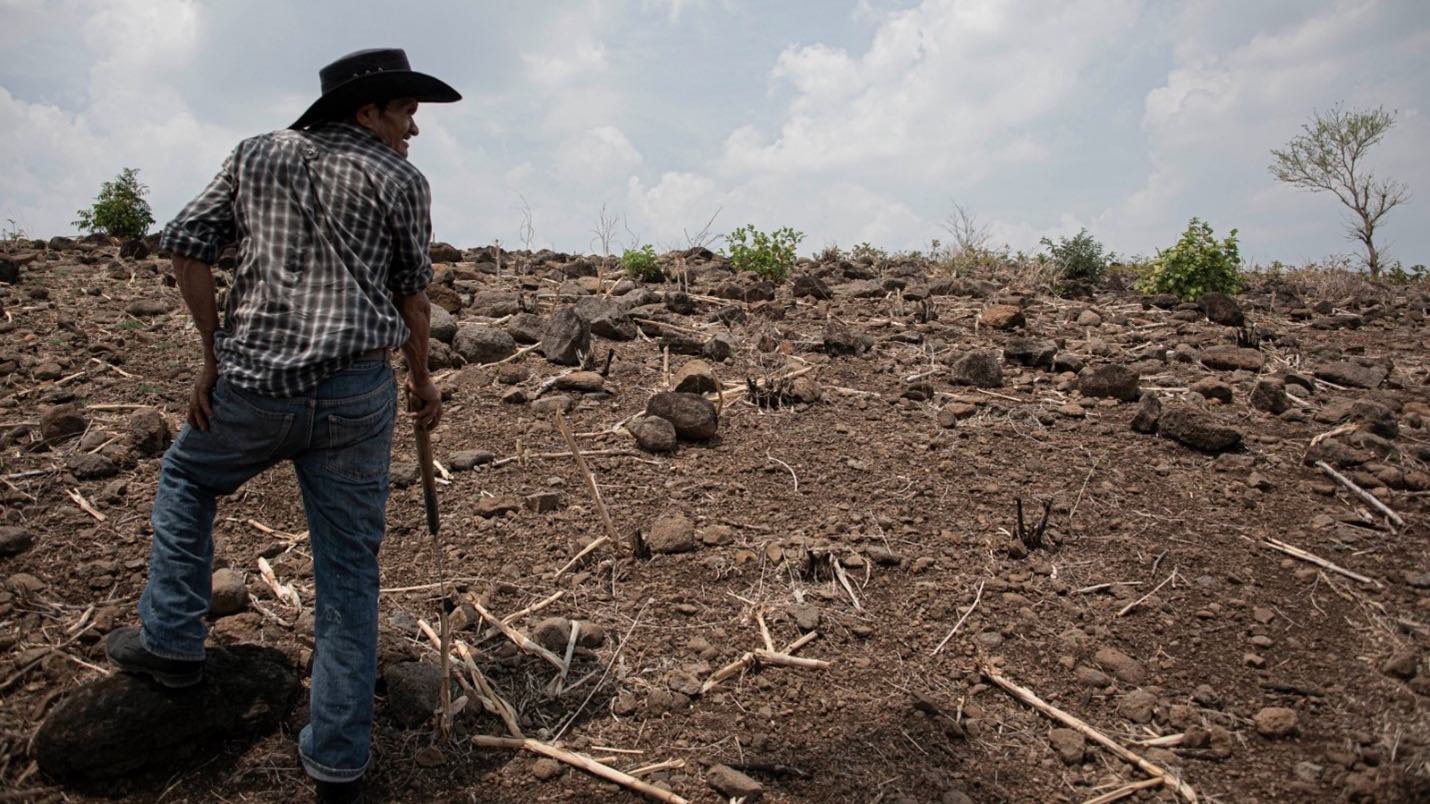Developing countries, and the vulnerable people who inhabit them, are confronting a barrage of increasingly frequent and intense economic, environmental, and political shocks. There is an urgent need to predict and prepare for these shocks, as well as devise coping strategies to ensure resilient food systems, institutions, and policies at global, national, and community levels. Such preparations and coping mechanisms are essential to achieving food and nutrition security for all.
Together with partners, IFPRI and its 2020 Vision Initiative, are organizing aninternational conference on “Building Resilience for Food and Nutrition Security” to be held on May 15-17, 2014, in Addis Ababa, Ethiopia. The conference is the centerpiece of a two-year global consultative process that will:
- Evaluate emerging shocks that pose significant threats to food and nutrition security;
- Assess experiences and draw lessons for using programs, policies, institutions, and investments to build resilience;
- Determine key approaches and tools for building resilience to shocks of varying levels;
- Identify knowledge and action gaps in research, policy, and programming;
- Set priorities for action by different actors and in different regions.
For more information, visit the Building Resilience website







